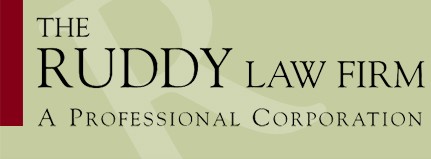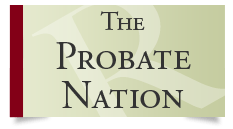A sole proprietorship is the most common form of business organization. It is easy to form and offers complete control to the owner. A sole proprietorship is any unincorporated business owned entirely by one individual. The owner is personally liable for all financial obligations and debts of the business. Sole proprietors can operate any kind of business as long as you are the only owner. It must be a business, not an investment or hobby. It can be for full-time or part-time work.
Every sole proprietor is required to keep sufficient records to comply with federal tax requirements regarding business records. Generally, sole proprietors file Schedule C or C-EZ, Profit or Loss from Business, with their Individual Form 1040. The net business income or loss is combined with your other income and deductions and taxed at individual rates on your personal tax return.
Sole proprietors must also pay self-employment tax on the net income reported on Schedule C. Sole proprietors do not have taxes withheld from their business income so you will generally need to make quarterly estimated tax payments if you expect to make a profit. These estimated payments include both income tax and self-employment taxes for Social Security and Medicare.
While simple, the single biggest disadvantage to a sole proprietorship is the personal liability that the owner faces for the debts and liabilities that arise from operating the business.

